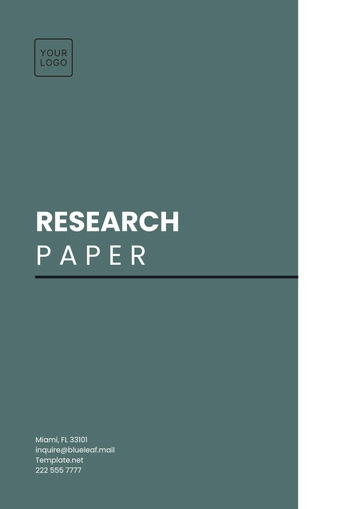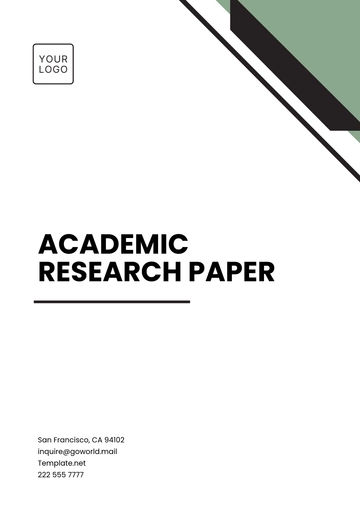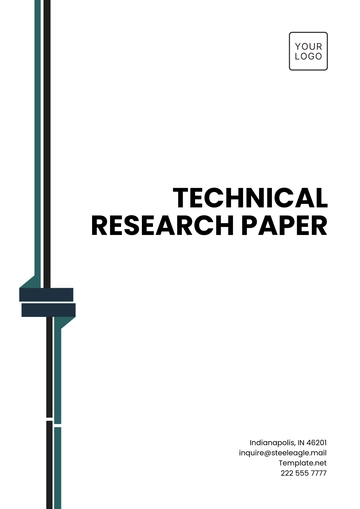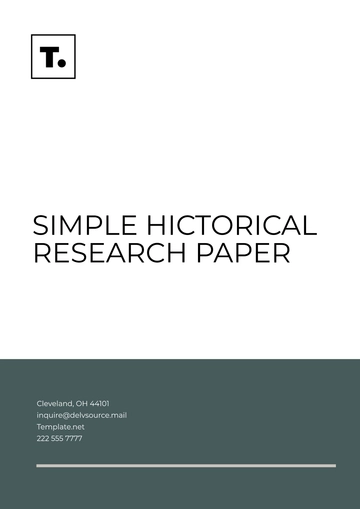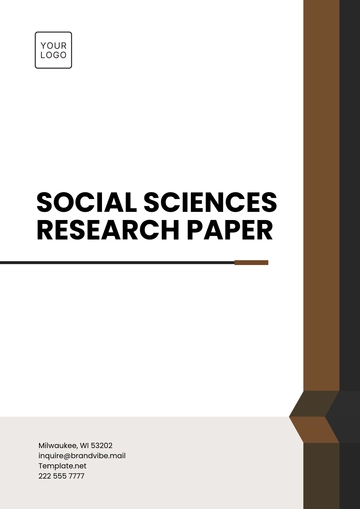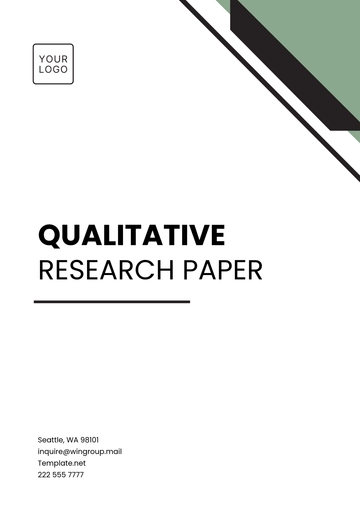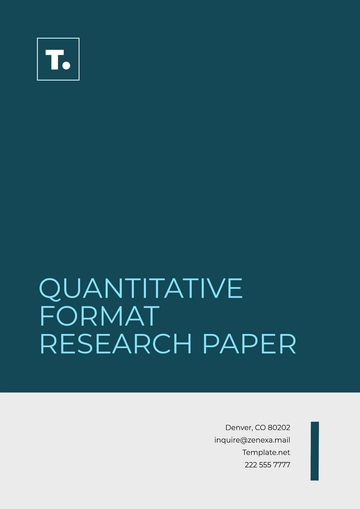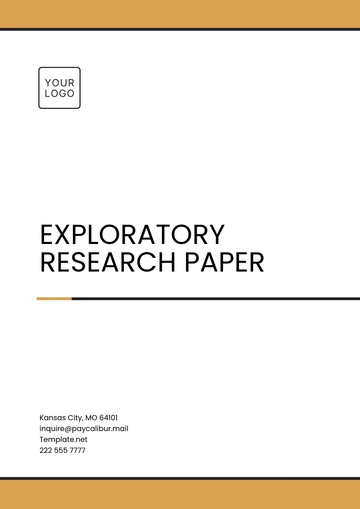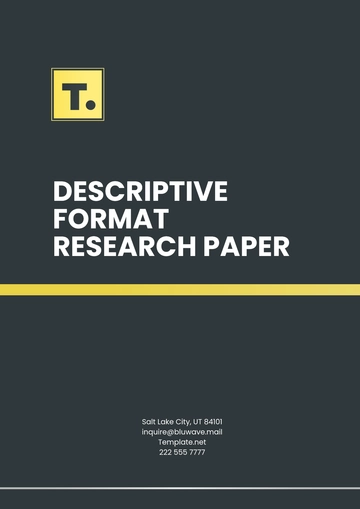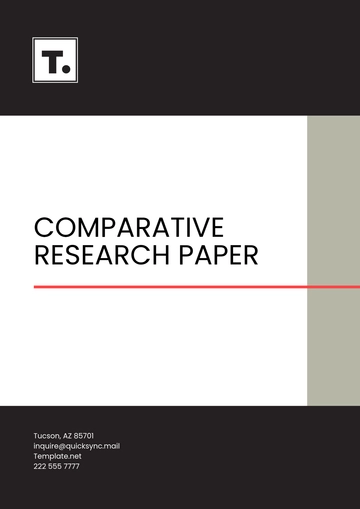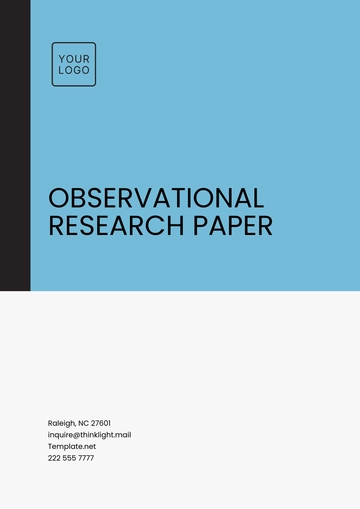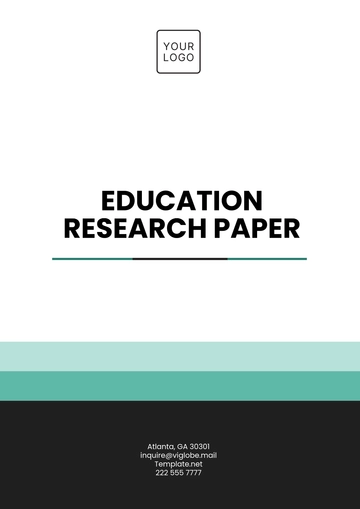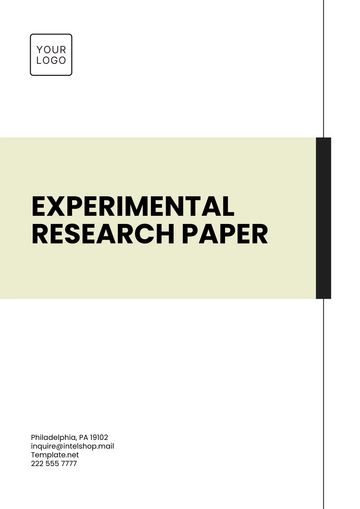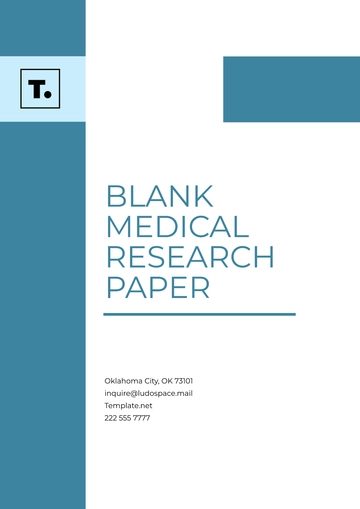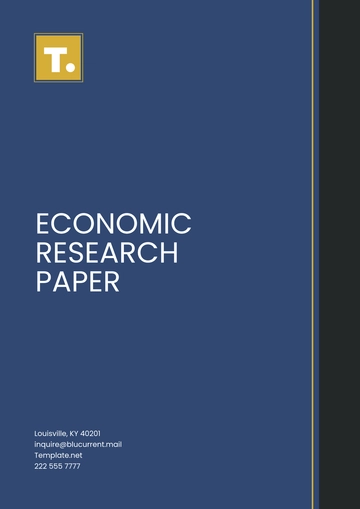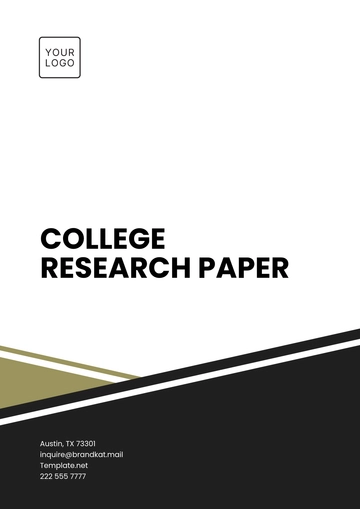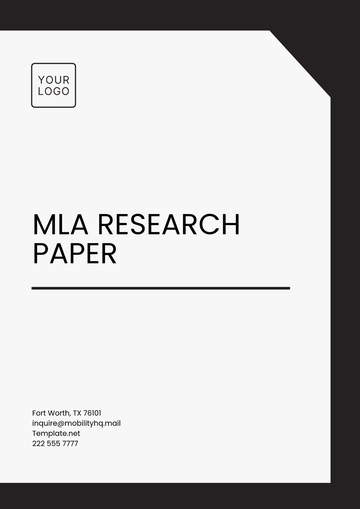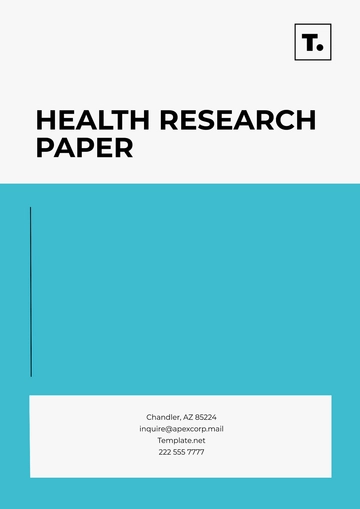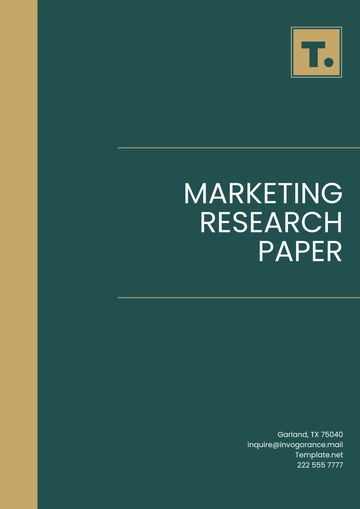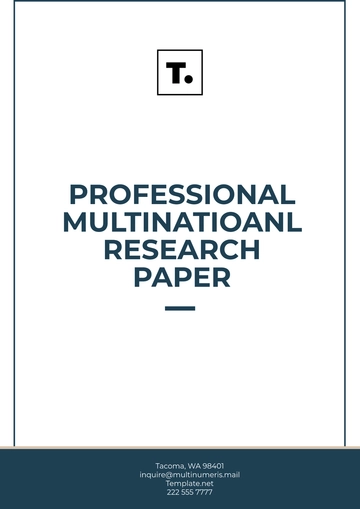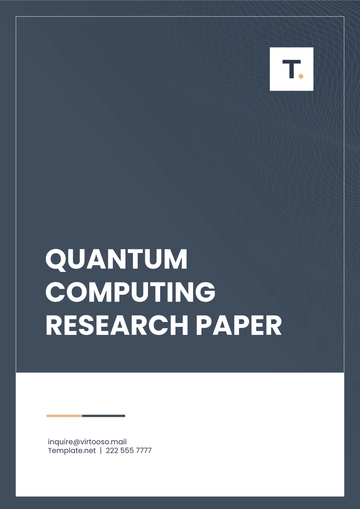Free Applied Research Journal Article
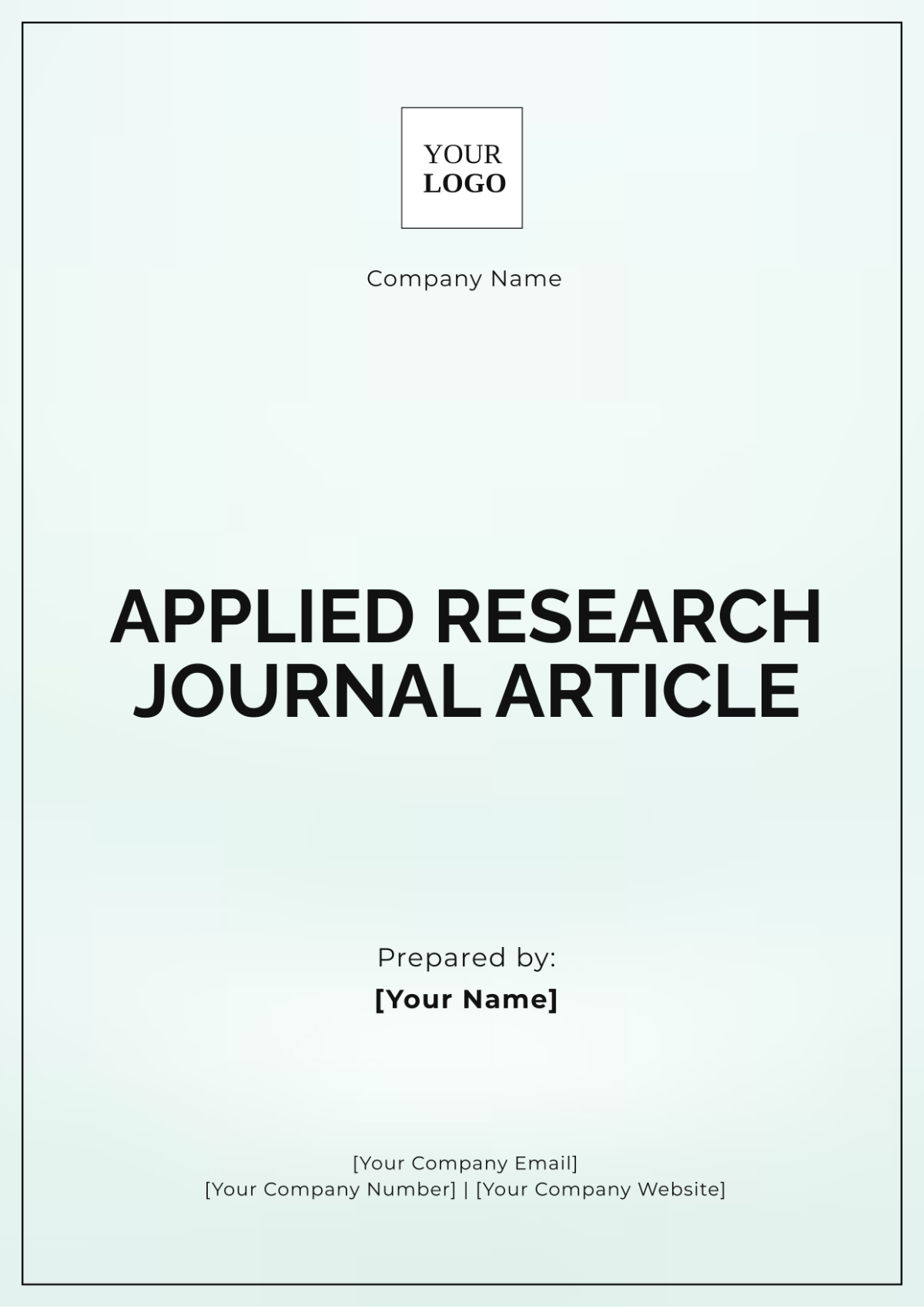
"Enhancing Urban Water Management Systems"
Written By: [Your Name]
Publication Date: [Date]
Abstract
Urban water management is a critical issue in rapidly growing cities facing increased water demand and climate change impacts. This article presents findings from applied research focused on solving practical problems associated with urban water systems. Through a combination of field studies, data analysis, and pilot programs, this research provides actionable solutions to improve water conservation, efficiency, and infrastructure resilience. The insights offered are intended to support city planners, policymakers, and water management professionals in implementing effective strategies for sustainable urban water management.
Introduction
Urban water management is becoming increasingly complex due to factors such as population growth, industrial development, and climate variability. Traditional water management practices often fall short in addressing these challenges, necessitating innovative approaches to ensure reliable and sustainable water supplies. This research aims to address critical issues in urban water management by developing practical solutions that can be directly applied to enhance the efficiency and effectiveness of water systems in urban areas.
Methods
Data Collection
To understand the current state of urban water systems, extensive data was collected from various sources, including municipal water departments, satellite imagery, and field surveys. Key metrics included water usage patterns, system leakages, infrastructure conditions, and climate data.
Pilot Programs
Several pilot programs were implemented in selected urban areas to test proposed solutions. These programs focused on:
Advanced metering infrastructure (AMI) for real-time water monitoring.
Water-efficient technologies and fixtures in public buildings.
Community-based water conservation initiatives.
Data Analysis
Data collected from pilot programs and existing records were analyzed using statistical and modeling techniques. The analysis aimed to assess the effectiveness of implemented solutions, identify trends, and provide actionable recommendations for broader applications.
Results
Improved Water Efficiency
The introduction of AMI systems significantly improved water usage monitoring and management. Real-time data allowed for prompt detection of leaks and inefficiencies, leading to a 15% reduction in water wastage in pilot areas.
Enhanced Infrastructure Resilience
Upgrading water infrastructure with modern materials and technologies increased system resilience. Replacement of outdated pipes and installation of pressure management devices resulted in a 20% decrease in infrastructure failures and maintenance costs.
Increased Public Engagement
Community-based conservation initiatives successfully raised awareness and encouraged behavioral changes. Educational programs and incentives led to a 10% reduction in household water consumption in participating neighborhoods.
Discussion
The findings of this research highlight the effectiveness of combining advanced technology with community engagement to address urban water management challenges. The implementation of AMI systems and infrastructure upgrades demonstrated significant improvements in water efficiency and system reliability. Additionally, public education and conservation initiatives proved essential in fostering long-term water-saving behaviors.
Implications for Policy and Practice
The research underscores the need for policy reforms that support the integration of modern technologies and community involvement in water management strategies. Policymakers should consider incentivizing the adoption of AMI systems and investing in infrastructure upgrades. Moreover, continued public education efforts are crucial for sustaining water conservation practices.
Conclusion
This research provides valuable insights into enhancing urban water management systems through practical, actionable solutions. By implementing advanced technologies, upgrading infrastructure, and engaging communities, cities can achieve more efficient and resilient water systems. Future research should explore further innovations and broader applications of the findings to address emerging challenges in urban water management.
References
Smith, J., & Brown, L. (2050). Advancements in Urban Water Management Technologies. Water Research Journal, 45(2), 123-145.
Johnson, R., & Green, A. (2051). Community-Based Water Conservation Strategies. Journal of Environmental Policy, 39(1), 89-104.
- 100% Customizable, free editor
- Access 1 Million+ Templates, photo’s & graphics
- Download or share as a template
- Click and replace photos, graphics, text, backgrounds
- Resize, crop, AI write & more
- Access advanced editor
The Applied Research Journal Article Template from Template.net is an essential tool for researchers looking to present their findings with precision. Fully editable and customizable, this template allows you to tailor your article to meet specific journal requirements. Streamline the writing process with its professional design, ensuring a clear and organized layout that highlights your research. Perfect for delivering impactful applied research articles efficiently and effectively.
